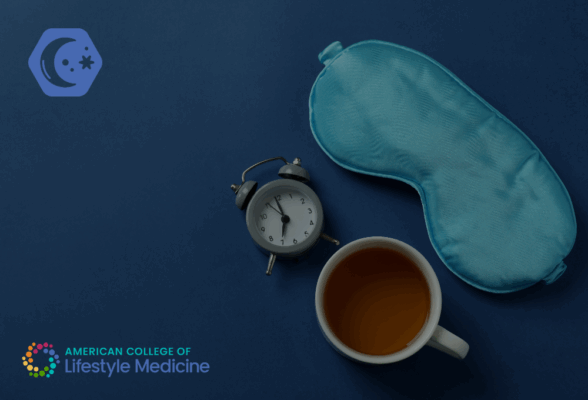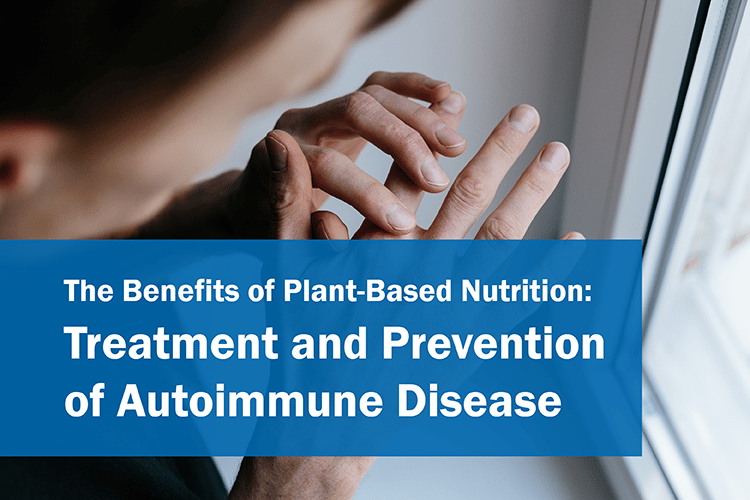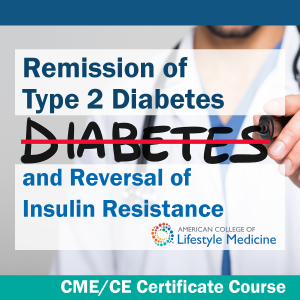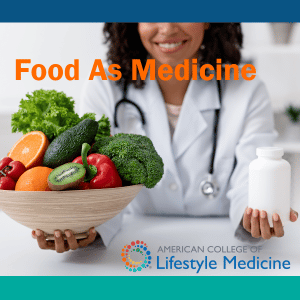Whole Food, Plant-Based Diets’ Impact on Insulin-Treated Type 2 Diabetes: A Breakthrough Study
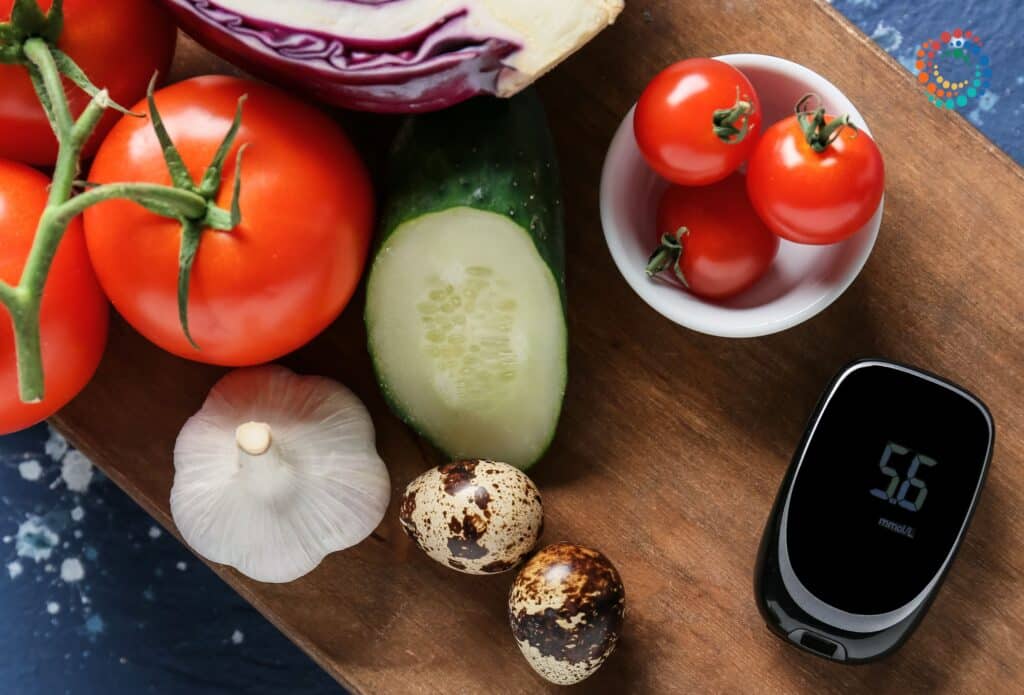
A recent study published in Diabetes Research and Clinical Practice offers important insights into the potential benefits of adopting plant-based diets, specifically whole food, plant-based (WFPB) diets, to address insulin resistance and blood sugar control in patients with type 2 diabetes. The study titled “The Acute Effects of a DASH Diet and Whole Food, Plant-Based Diet on Insulin Requirements and Related Cardiometabolic Markers in Individuals with Insulin-Treated Type 2 Diabetes” was led by Thomas M. Campbell, MD, assistant professor of family medicine at the University of Rochester Medical Center.
Main Takeaway
The study’s key finding is that in individuals with insulin-treated type 2 diabetes, adopting a whole food, plant-based (WFPB) diet can lead to notable reductions in insulin requirements due to improved insulin sensitivity and reduced insulin resistance. Larger dietary changes, as observed with the WFPB diet, may result in even more substantial reductions in insulin.
Methodology and Results
Conducted as a nonrandomized crossover trial, the study involved 15 participants with insulin-treated type 2 diabetes. The participants underwent four one-week phases: Baseline, Dietary Approaches to Stop Hypertension (DASH) diet, WFPB diet, and a second round of DASH diet. Throughout the trial, participants were provided with ad libitum meals to ensure compliance. The results showed a reduction in insulin requirements by 39% after one week on the DASH diet, and a 49% decrease in insulin resistance after one week on the WFPB diet, along with other notable improvements in cardiometabolic markers.
Unique Aspects
This study is unique in its focus on a relatively advanced population of individuals with insulin-treated type 2 diabetes. Most nutrition interventions primarily target prevention or recently diagnosed cases. However, this study addressed the challenge of patients already requiring daily insulin, with an average dose of 90 units per day. Moreover, it achieved significant dietary changes in participants through provided meals and a whole food, plant-based approach.
Significance
Prior to this research, limited information existed for patients and healthcare providers on the potential speed and extent of insulin requirement adjustments when significant dietary changes were introduced. By offering valuable insights into the outcomes of individuals with advanced type 2 diabetes, the study helps physicians make informed decisions about insulin deprescribing when patients adopt a plant-based diet.
Application in Clinical or Academic Settings
This study has significant implications for clinical practice and academic research. Healthcare providers can use its findings to guide and tailor patient treatment plans, particularly when patients with insulin-treated type 2 diabetes transition to a plant-based diet. Physicians may anticipate reductions in insulin requirements, improved insulin sensitivity, and enhancements in related markers, contributing to more personalized and effective diabetes management.
In the Words of the Author
“If people with type 2 diabetes make large dietary changes toward unprocessed, plant-based diets, they may realize significant and rapid benefits. If they are on insulin, they may end up needing significantly less insulin while still achieving much better blood sugar control.”
Conclusion
This study offers valuable insights into the potential benefits of whole food, plant-based diets for patients with insulin-treated type 2 diabetes. It provides evidence for considering dietary interventions as part of a comprehensive approach to managing diabetes. By encouraging further research and exploration in this area, the study paves the way for potential advancements in diabetes management and improved health outcomes.
Read the full study: The Acute Effects of a DASH Diet and Whole Food, Plant-Based Diet on Insulin Requirements and Related Cardiometabolic Markers in Individuals with Insulin-Treated Type 2 Diabetes
If you are interested in learning more about the treatment of type 2 diabetes with a whole food, plant-predominant diet and other healthy lifestyle changes, while gaining essential skills to support medication de-escalation, the American College of Lifestyle Medicine (ACLM) offers a CME/CE course titled “Remission of Type 2 Diabetes and Reversal of Insulin Resistance with Lifestyle Medicine.” This comprehensive course equips healthcare professionals with evidence-based strategies and practical knowledge to effectively incorporate lifestyle interventions into their clinical practice, empowering them to guide patients towards improved diabetes management and better health outcomes.



